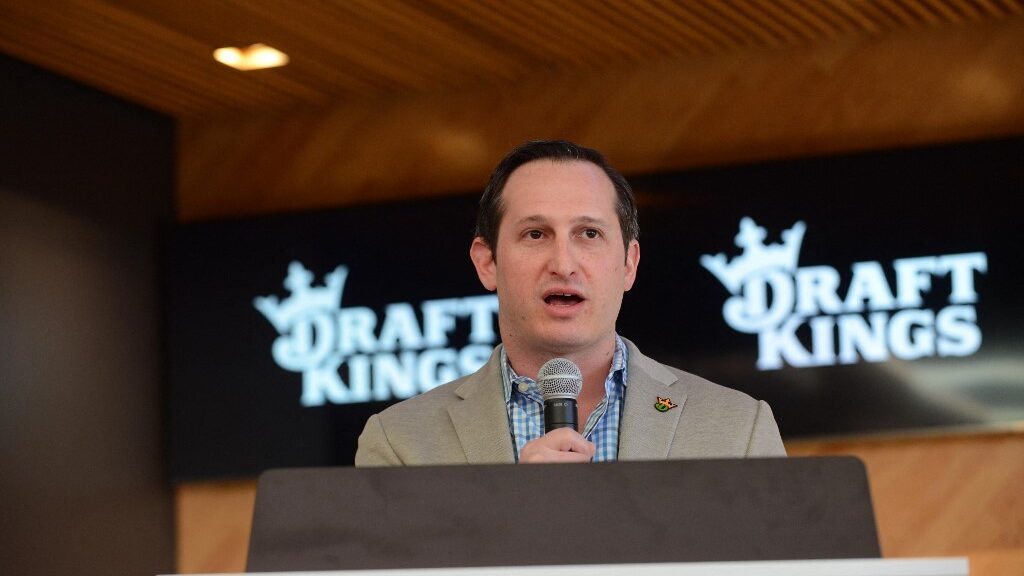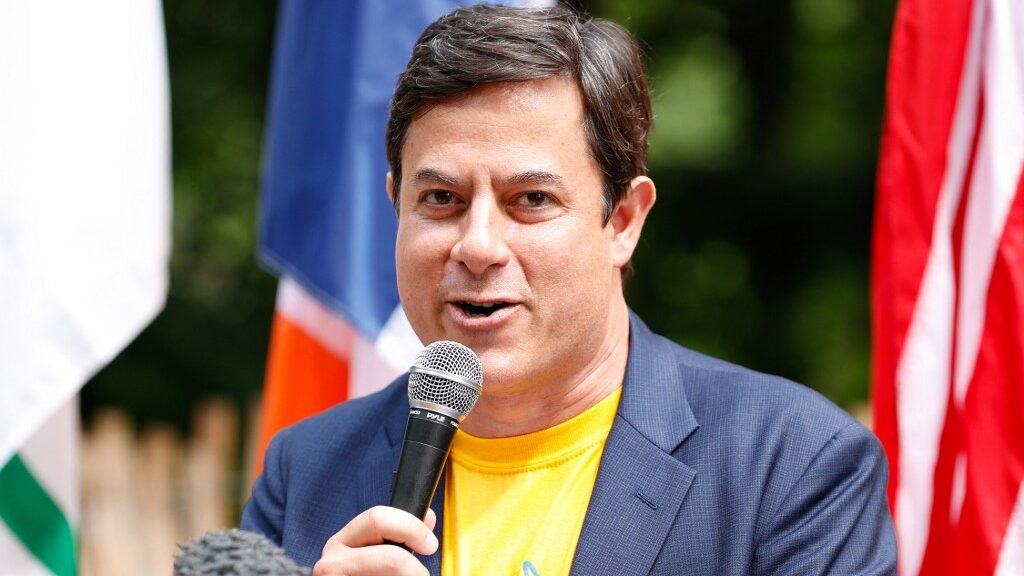
It only took a couple of weeks for DraftKings to kill its plan to add a surcharge on winning bets in four high-tax states.
DraftKings, one of the top sportsbooks, announced that it is scrapping the idea after listening to customer feedback.
The surcharge, proposed by CEO Jason Robins on August 1 in a letter to shareholders, aimed to generate more revenue in states with tax rates above 20% (New York, Illinois, Pennsylvania, and Vermont). It was set to take effect on January 1, 2025, and would have charged bettors 3-5% of their winning bets.
But some say it appears that the surcharge proposal was more of a trial balloon — possibly in hopes that competitors would follow suit, or that states would lower taxes, or both.
FanDuel Passed on the Surcharge Plan
Why? DraftKings pulled back the idea shortly after its fiercest competitor, Flutter Entertainment’s FanDuel rejected any talk of adding a surcharge of its own. Less than two hours later, DraftKings issued a statement saying it was abandoning the surcharge plan and returning to business as usual.
DraftKings, the online sports betting company based in Boston, emphasized its commitment to delivering the best value to its loyal customers
“We always listen to our customers and after hearing their feedback we have decided not to move forward with the gaming tax surcharge,” the company said in a statement. “We have always committed to delivering the best value in the industry to our loyal customers.”
Penn Entertainment’s ESPN Bet had also stated last week that it would not implement a surcharge anytime soon, though it would monitor the DraftKings plan to see how it went.
A Lesson in Customer Feedback
Sports gamblers were not thrilled with the idea, but Robins described the proposed surcharge as “fairly nominal” and necessary to improve the company’s profit margins. He said it would be in the low- to mid-single digits per bet.
DraftKings would have treated the surcharge as a separate transaction when paying out winnings. For example, a $10 bet resulting in a $20 win would incur a 32-cent surcharge. But that doesn’t matter now.
The quick reversal by DraftKings highlights the competitive nature of the sports betting industry and the importance of customer feedback. As companies navigate the complex landscape of state taxes and customer expectations, it will be interesting to see how they balance profitability with customer satisfaction.













